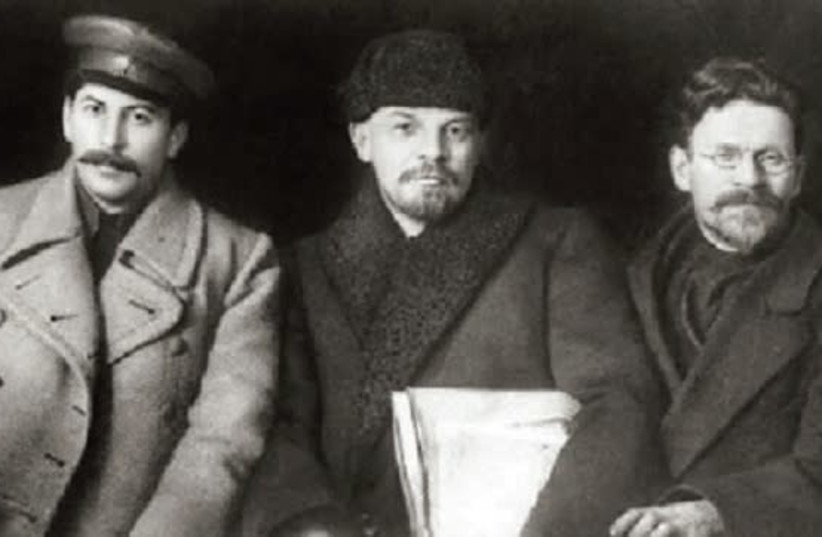Worlds Apart is the result of years of dogged detective work by British journalist Nadia Ragozhina as she embarks upon a life-changing search for long-lost family links.
Born in Moscow during Perestroika, Nadia grows up overhearing snippets about her family in Switzerland – an exotic and foreign land to her mother and grandmother. They lived through years of Soviet repression and do not dare speak about their relatives or mention their names outside the safety of their apartment.
The photos in her grandmother’s album add to the author’s fascination and she grows desperate to know more about the elegant women in them. They are her grandmother’s cousins, daughters of her uncle Adolphe, the clever uncle who went West and left Warsaw to make a life for himself, unlike his brother Marcus, who followed his political beliefs and found himself in Moscow at the end of the First World War.
The questions remain unanswered until many years later. Living in London, Nadia starts trying to put together pieces of the puzzle. Scrolling through a genealogy website with her mother, she finds the names of her long-lost relatives and the journey so remarkably told in Worlds Apart begins.
The author’s forensic research uncovers a gripping tale of a family dynasty divided by war and ultimately reunited generations later. Through the First World War and the Russian Revolution, Stalinist repression and Hitler’s rise to power, the Second World War as it was felt in both Western Europe and in Russia, the author’s family lived through some of the most defining moments of recent European history.

At first, this feels like a historical investigation, but as the story unfolds, you find yourself sucked into the drama, living through defining moments with the characters as they are forced to make spur-of-the-moment decisions, which would have far-reaching consequences far beyond their own lifetimes.
Without wanting to give too much away, the account of an ill-fated holiday taken by one of Adolphe’s daughters was so vivid that I dreamt about it that night, haunted by the details and captivated by the chronicling of the family’s personal experiences and choices, amid a rapidly changing geopolitical landscape. It is a tense and at times heartbreaking account of human survival in the face of adversity, of paths not taken and regrets experienced.
It is also the story of an impressive line of matriarchs, of women who deal with decisions made for them by men and safeguard their families’ futures despite the huge hurdles they face. Take Eva, Adolphe’s elder daughter, who finds herself living under the Nazi occupation in Brussels, a Jewish woman trying to protect her family. A Swiss citizen, she refuses to wear the Yellow Star when the mandate comes, but it is only a lucky phone call from her daughter’s teacher who alerts her to a roundup of school children in their neighborhood, and that saves her daughter Anita from being taken away.
Similarly, it is a story about Eva’s cousin Anna, living in post-war years of Soviet Moscow, where food is scarce and the repressions are making people think twice about what they say and to whom.
Despite being born many years after these events took place, one of the delights of this documented journey is the portrayal of the protagonists, the sense of character that leaps off these pages, bringing to life the people whose personalities are lovingly described.
This is a beautifully crafted, utterly gripping narrative, which follows in the footsteps of a divided Jewish family, as they navigate some of the most turbulent decades of recent European history, both in Western and Eastern Europe. It is a period which ended the stories of so many families, who disappeared without a trace.
Worlds Apart
By Nadia Ragozhina
SilverWood
312 pages; NIS 51
